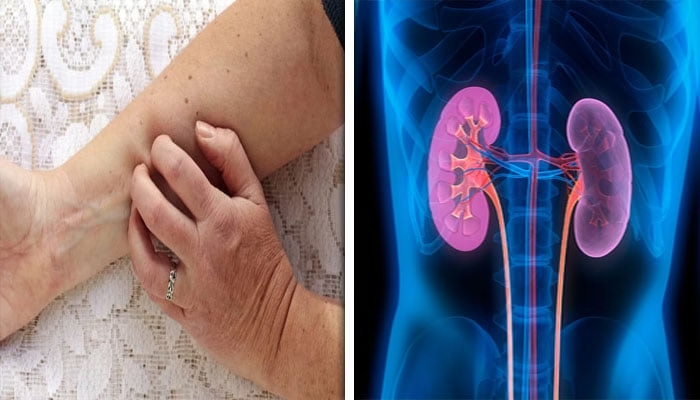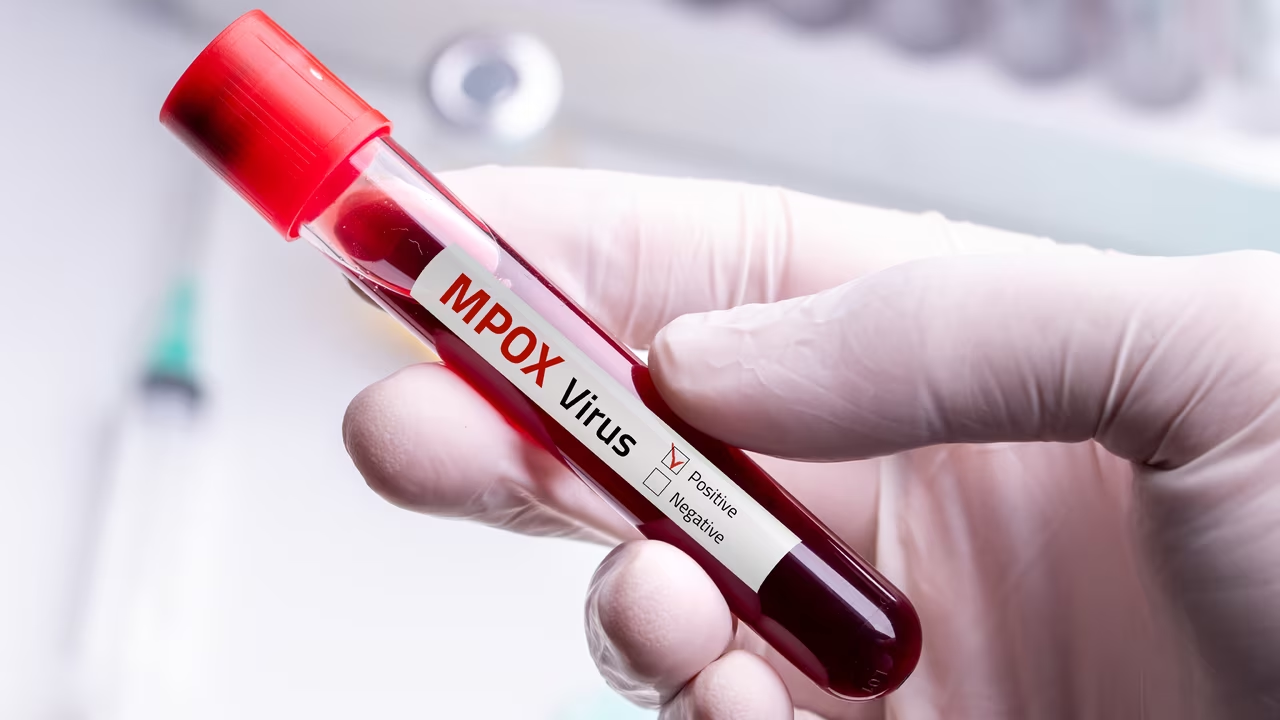Itching in kidney failure is one of the most frustrating symptoms for patients living with chronic kidney disease (CKD), especially those in advanced or end-stage stages. This condition, known medically as uremic pruritus, can significantly affect sleep, mental well-being, and overall quality of life. The persistent need to scratch may not only disrupt daily routine but also lead to skin damage and infection. In this article, we’ll explore what causes itching in kidney failure and how to manage it effectively.
What Causes Itching in Kidney Failure?
The kidneys are vital organs that help filter waste, excess fluids, and electrolytes such as calcium and phosphorus from the body. In kidney failure, this filtration process becomes impaired. As a result, toxins and minerals build up in the blood. One of the key contributors to itching in kidney failure is the accumulation of phosphorus and other waste products in the bloodstream.
Medical experts suggest that high levels of phosphorus stimulate nerve endings in the skin, leading to a constant itching sensation. According to the National Kidney Foundation, around 40% of dialysis patients experience moderate to severe itching at some point during their treatment.
How Itching Affects Quality of Life
Chronic itching, also called pruritus, is more than just an annoyance. It can disrupt a person’s ability to sleep, concentrate, and perform daily activities. Over time, scratching may lead to open wounds, infections, and skin rashes, further complicating the patient’s health.
Itching in kidney failure is not only a physical problem but also a psychological one. Studies have shown that up to 25% of dialysis patients suffering from itching report signs of anxiety and depression. The mental toll makes it even more important to identify and treat the root causes.
Common Symptoms to Watch For
Itching caused by kidney failure typically:
- Occurs on the back, arms, stomach, or chest
- Becomes worse at night or after dialysis
- Is not accompanied by visible rashes (in early stages)
- Intensifies with dry or irritated skin
Over time, patients may develop rough patches, redness, and even bleeding due to excessive scratching.
Managing Itching in Kidney Failure: Diet, Medication, and Dialysis
The most effective way to relieve itching in kidney failure is to treat the underlying imbalance—particularly the elevated phosphorus levels.
1. Phosphorus-Controlled Diet
Patients are often advised to reduce their intake of phosphorus-rich foods. These include:
- Dairy products (milk, cheese, yogurt)
- Processed meats
- Dark colas
- Nuts and seeds
- Whole grains (in excessive amounts)
Instead, patients should focus on fresh fruits and vegetables, white rice, and low-phosphorus alternatives like almond milk.
2. Phosphorus Binder Medications
Doctors commonly prescribe phosphorus binders that reduce phosphorus absorption in the intestines. These medications are taken with meals and play a vital role in managing mineral levels in the body. Common binders include calcium acetate, sevelamer, and lanthanum carbonate.
3. Regular and Effective Dialysis
Proper dialysis helps filter out toxins that the kidneys can no longer remove. Patients who receive dialysis regularly and as prescribed usually experience fewer symptoms, including itching. However, the effectiveness depends on how well the dialysis removes waste products.
Temporary Relief Options for Skin Itching
While medical treatments target the internal causes, there are also external solutions for temporary relief:
- Use fragrance-free, hypoallergenic moisturizers
- Avoid hot showers and harsh soaps
- Use a humidifier to prevent dry indoor air
- Wear loose, breathable clothing
- Avoid scratching the skin forcefully
Still, these methods only offer short-term comfort and do not replace medical treatment.
When to See a Doctor
If itching becomes severe or persistent despite lifestyle changes and medication, it is crucial to consult a nephrologist or dermatologist. In some cases, itching may also be a sign of other health issues like liver disease, thyroid imbalance, or allergies.
Itching in kidney failure is a common but often underestimated problem. It can drastically reduce a patient’s quality of life and, if left untreated, may lead to skin damage or even infection. Fortunately, managing phosphorus levels through diet, medication, and dialysis can significantly reduce symptoms. Always consult your healthcare provider for a personalized treatment plan, and don’t ignore persistent or severe itching—it’s your body’s way of signaling that something needs attention.
By staying informed and proactive, patients with kidney disease can find relief and improve their well-being, even when living with a chronic condition.



